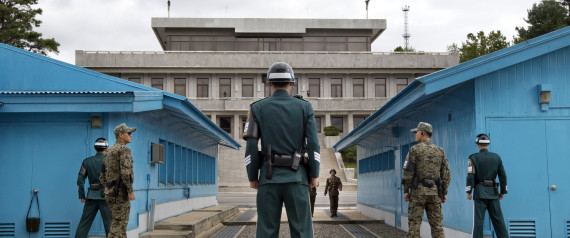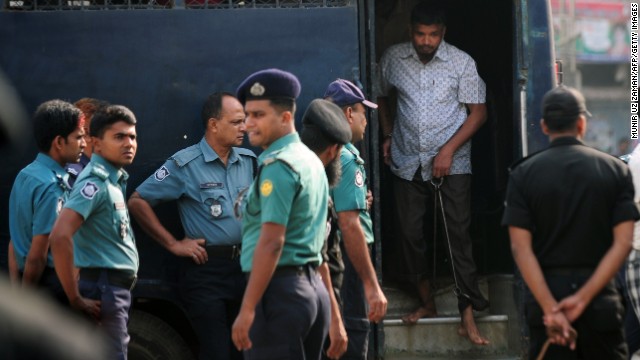By Brian Lanciault
Impunity Watch Reporter, Asia
KATHMANDU, Nepal–Voters gathered outside polling booths across Nepal Tuesday to elect a Constituent Assembly that will attempt, yet again, to draft a constitution. The interim government hopes to finally bring stability to the Himalayan nation.

Candidates from over 100 political parties and several independent ones are competing in the election. The assembly will also double as a parliament and select a government. Nepal has 12 million registered voters.
Police said there were no reports of violence Tuesday morning. But, explosions rocked the capital in Kathmandu and other cities Monday night. Two people were injured in the explosion in Katmandu. Police believe the two suspects were supporters of an alliance of 33 opposition parties which have been attempting to disrupt and shut down the election.
Nepalese officials assured the public that security was formidable and tight, stating that they should have no fears of voting.
“We assure the voters we have done all that is necessary to ensure there will be free and fair election,” Nepal’s Chief Election Commissioner Neel Kantha Upreti told reporters, adding there was “more” than enough security.
The government ordered a four-day public holiday to allow voters to return to their villages in the mountainous country.
However, the opposition party alliance has been enforcing a nine-day transportation blockage to prevent voters from reaching the remote villages. The opposition appears upset at the appointment of a Supreme Court judge-led government in March, saying the larger parties have denied them any opportunities in the decision making leading up to the election.
There were several attacks on public vehicles that had defied the transportation embargo. A truck driver was killed and two dozen people have been injured in these attacks.
The previous Constituent Assembly was elected in 2008, following the end of a 10-year Maoist revolution and the overthrow of the centuries-old monarchy.
But the assembly was sabotaged by infighting and never finished its work. The result has been a power vacuum that left the country without a proper constitution for almost seven years.
Some of the disagreements center on whether to divide the country into a federal system based on ethnic groups or strictly by geography. But the parties mostly squabble over who gets to lead the country.
Analysts predict none of the political parties is likely to get a majority in the election. Any coalition government formed between two or more parties would face the insurmountable task of writing a constitution where each clause garners approval from two-thirds of the assembly. In a country with more than 100 ethnic groups and languages, this is a tall order.
The United Communist Party of Nepal (Maoist), the party of former communist rebels, hopes to repeat the last election and emerge as the largest party. Its main competitors are the Nepali Congress and Communist Party of Nepal (United Marxist Leninist).
Rastriya Prajatantra Party Nepal, which seeks to revive a Hindu nation and bring back the monarchy, also hopes to win a chunk of the seats in the assembly.
For more information, please see:
BBC News– Nepal voting ends for new Constituent Assembly— 19 November 2013
Times of India– 12 million divided Nepalese expected to vote for stability— 19 November 2013
Al Jazeera– Bomb blast at Nepal polling booth— 19 November 2013
Bangkok Post– Nepal defies bombing, braves threats in post-war poll— 19 November 2013



